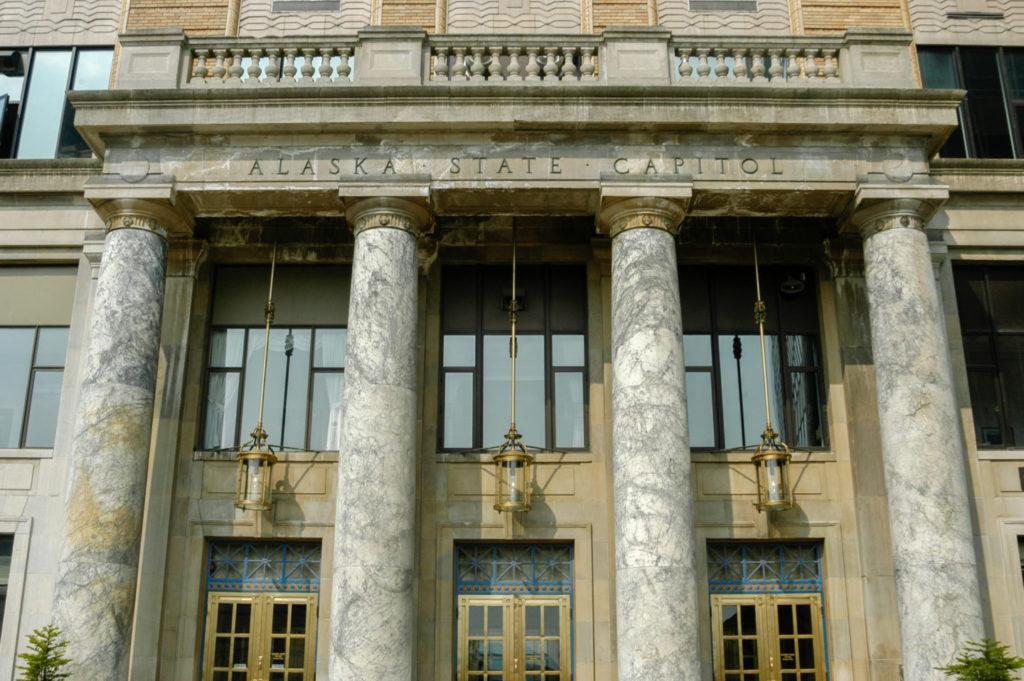Dunleavy, lawmakers tout education bills in Alaska
(The Center Square) – Universal preschool is one of four new programs an education bill passed by Alaska lawmakers.
Gov. Mike Dunleavy said he plans to sign House Bill 114 into law, including…

(The Center Square) – Universal preschool is one of four new programs an education bill passed by Alaska lawmakers.
Gov. Mike Dunleavy said he plans to sign House Bill 114 into law, including the Alaska Reads Act. The Legislature passed the bill in May.
The Alaska Reads Act calls for four new programs administered through the Alaska Department of Education and Early Development. The programs include an early education program, a comprehensive reading intervention program, a school improvement reading program and a virtual education consortium, according to the governor’s office.
The bill makes provisions for early education program grants up to $3 million to fund a three-year period for the development or improvement of district-wide early education programs.
One of the stated goals of the bill is to help all students read at grade level by the end of the third grade, which is one of the priorities listed in Alaska’s Education Challenge.
“To be part of providing universal, voluntary pre-K for every Alaska child is truly humbling,” said Sen. Tom Begich, D-Anchorage. “Through bipartisanship and dedication, we’ve provided a proven path for every child in Alaska the opportunity to start their educational career on a strong foundation. Universal, voluntary pre-K coupled with an evidence-based and culturally responsive approach to reading ensures those early gains are retained. This is how we move the needle to improve education outcomes for Alaska.”
But some recent studies suggest preschool programs may not turn out to be effective in the long run.
The bill will also require the Department of Education to ensure its implementation of the bill meets the needs of rural and Alaska Native students by protecting local control. The governor’s office said each community would have control over implementing the programs.
HB 114 will also allow the state to expand the market for the student loan program to “meet the financial aid needs of borrowers.” The bill changes eligibility requirements for the consolidation of loans and removes specific loan limits, according to one of the fiscal notes. The change is not expected to have a financial impact, the note said.
Changes include expanding who is eligible to apply for Alaska Refinancing Loans to include previous Alaska borrowers, graduates from the state’s high schools and current Alaska residents, according to information from Dunleavy’s office. It also eliminates loan maximums in statute and lifetime loan maximums in statute, allowing the Alaska Student Loan Corporation to set the annual and lifetime loan maximums. The fiscal note said this change is meant to help the corporation be more responsive to the needs of students when tuition costs and annual loan limits change.
Furthermore, the Student Loan Corporation would be authorized to offer future student loan borrowers a loan program with immediate repayment requirements.
“All in all, this education package shows that legislators and the executive branch can come together around common goals, in a bipartisan fashion, to achieve good things for the people we serve,” Dunleavy said. “We are sent to Juneau to do this work, and I’m proud of the work we did together for Alaska’s students, parents, and educators.”



